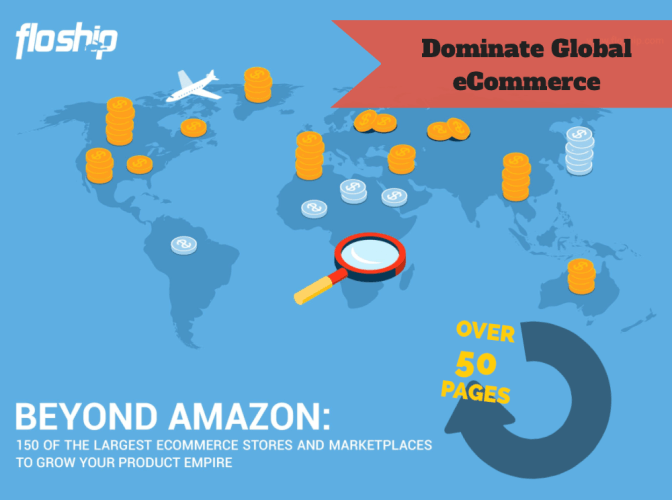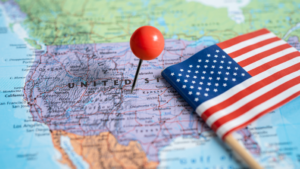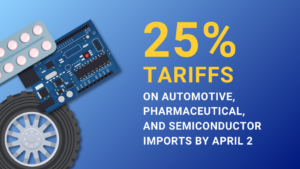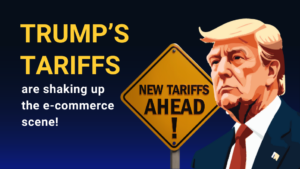Cross-border e-commerce has seen significant changes since Chinese Customs issued new tax policies on April 8, 2016. With these new regulations impacting China Duties across many categories, cross border online sellers stand to benefit.
The policy, which regulates “bonded imports” and “direct purchase imports”, has been met with bewilderment by many e-commerce retailers who are concerned about the impact the new Customs changes will affect their businesses.
Below, we’ll take a look at the latest updates to the tax policy and how they impact e-commerce retailers.
April 8, 2016: “Positive List” Released
Prior to the implementation of the new policy, China regulated commodities sold via cross-border e-commerce platforms using a “negative list”.
This list specified which product categories not approved for sale through cross-border e-commerce channels. Products not on the list could be sold without any registration requirements.
Following the release of the List of Cross-Border E-Commerce Retail Imports (“Positive List”)–a circular published by 11 major Chinese government departments, including the Ministry of Finance and the National Development and Reform Commission–any product not listed on the Positive List is subject to standard registration requirements.

The Positive List specifies 1,142 commodities that don’t require registrations, licenses or documentation when being imported into China via cross-border e-commerce platforms.
Ship to China without all the red tape. See how you can take advantage of China’s super sized e-commerce market when you use the Floship China Inbound Shipping Solution.
These product categories are mostly consumer goods like:
- clothing
- food and beverages
- personal electronics
- shoes
- hats
- children’s toys
- certain types of cosmetics
The list, which was released in two phases during April, covers 151 product categories under the eight-digit HS code, including fresh food, medical equipment, and health supplements.
May 24, 2016 Transitional Period Announced
The release of the Positive List created confusion for merchants selling through e-commerce channels.
Many retailers encountered problems with Customs clearance of some common household products that were not on the Positive List, such as baby formula.
As a result, many merchants were stuck with tons of imported goods in their warehouses that they couldn’t move.
To resolve the issue, Chinese Customs implemented a transitional period for 12 pilot cities during which registration will not be required for first-time importation of certain products, including:
- Health food products
- Baby formula
- Specialty food products (including health supplements)
- Medical devices (such as blood pressure monitors)
- Cosmetics
Registration, filing, and import permit requirements will also be waived for “direct purchase imports” during the transitional period, which will allow “bonded imports” to enter the following e-commerce pilot cities without Customs clearance checks until May 11, 2017:
- Shanghai
- Chongqing
- Guangzhou
- Tianjin
- Hefei
- Chengdu
- Zhengzhou
- Dalian
- Qingdao
- Ningbo
- Shenzhen
- Suzhou
While the announcement of the transitional period helped resolve the issue of imported commodities being stuck in bonded warehouses, the adjustment doesn’t give e-commerce retailers carte blanche to sell all health products, specialty foods, and cosmetics.
Products will still be regulated under the previous rules as well as the specific regulations of the pilot city.

October 1, 2016: Chinese Government Announces New Tax Policy for Cosmetics
In an effort to boost consumption of domestic products, the Ministry of Finance and the State Administration of Taxation announced that the consumption tax for all cosmetics would be either removed or reduced.
Consumption Tax is charged on the following five categories of commodities:
- Luxury goods, such as jewelry and high-end cosmetics
- Products that can be harmful to health, the environment, or society, such as alcohol, tobacco, and firework
- Automobiles
- Big-ticket items like motor vehicle tires
- Non-renewable resources, such as gasoline, diesel, and oil
Under the new policy, consumption tax will be waived entirely for non-specialty cosmetic products, while the consumption tax rate on cosmetics costing more than RMB 15 per unit will be reduced from 30 to 15 percent.
The new policy comes into effect as cosmetic sales surge in China, with Retail profits topping $30 billion in 2015 for the first time, according to data from China’s National Bureau of Statistics.
October 1, 2016: CNY Officially Included in the Global Reserve Currency
On October 1, the yuan became one of five global reserve currencies.
The yuan was admitted into the International Monetary Fund’s special Drawing Rights (SDR) with a weighting of 10.9 percent. The dollar, euro, and pound are also currencies in the SDR.
The IMF created the SDR in 1969 as a supplement to the official reserves of its member countries. The value of the SDR basket is based on a weighted average of the values of five major currencies.
Its inclusion in the IMF’s SDR basket has helped the Chinese yuan gain traction in the global banking arena.
In fact, USD-CNY trades accounted for 3.8 percent of the total trades measured by the Bank for International Settlements (BIS) in Q1 2016.
All of this means that over the long term, Chinese tourists can expect to benefit from greater convenience when exchanging currencies overseas.

October 4, 2016: Chinese Customs Introduces Unified Import Information System for Simplifying China Duties
In order to better track cross-border imports, China Customs launched a unified import information system.
The new system, which was already in trial use in several pilot cities including Tianjin and Guangzhou, requires cross-border importers to submit orders, payments, and digital documentation in order to obtain Customs clearance.
The implementation of this new, unified system reflects an effort by the Chinese government to make cross-border trades more transparent.
November 15, 2016: Ministry of Finance Postpones New Tax Policy
In November (2016), the Ministry of Finance announced that the new tax policies for cross-border e-commerce would be postponed until the end of 2017.
As a result of this postponement, the transition period–during which cross-border importers are not required to register or file first-time imports of medical devices, cosmetics, baby formula, health products, and specialty food–has been extended until December 31, 2017.
The delay affects 10 cross-border e-commerce pilot cities:
- Shanghai
- Hangzhou
- Ningbo
- Chongqing
- Fuzhou
- Tianjin
- Zhengzhou
- Pingtan
- Shenzhenand
- Guangzhou
These cities will not require the “customs clearance certificate” during the transition period.
The customs clearance certificate, or “Customs Clearance of Entry Commodities”, requires cross-border retailers to submit original invoices, guarantee slips, quarantine inspection reports, and other documentation that can be difficult to produce–especially in the case of goods purchased from distributors overseas.
The new tax policy prohibits the sale of goods without this certificate, even if the commodities are already stocked in China’s bonded zones.
With the one-year extension of the transition period, cross-border e-commerce merchants will have more time to sell their products and prepare for the documentation requirements that will come into effect with the new policy.
Overall, the China government is trying to minimize any damage and confusion caused by the new tax policies and to ensure a smooth transition for everyone.
While the jury is still out on whether the cross-border e-commerce policy was implemented too hastily, the country seems to be taking a supportive approach in helping its e-commerce retailers adapt to the changes.
Ready to Sell Internationally? Get the Guide [click image below]
Related Articles
- Trends in Global Merchandise Fulfillment 2017
- China Daily + Floship
- A Layman’s Guide To HS and HTS Codes
- Getting Started in Global E-Commerce: A Guide for Small Businesses
- The Complexities Of International Checkout for eCommerce Merchants
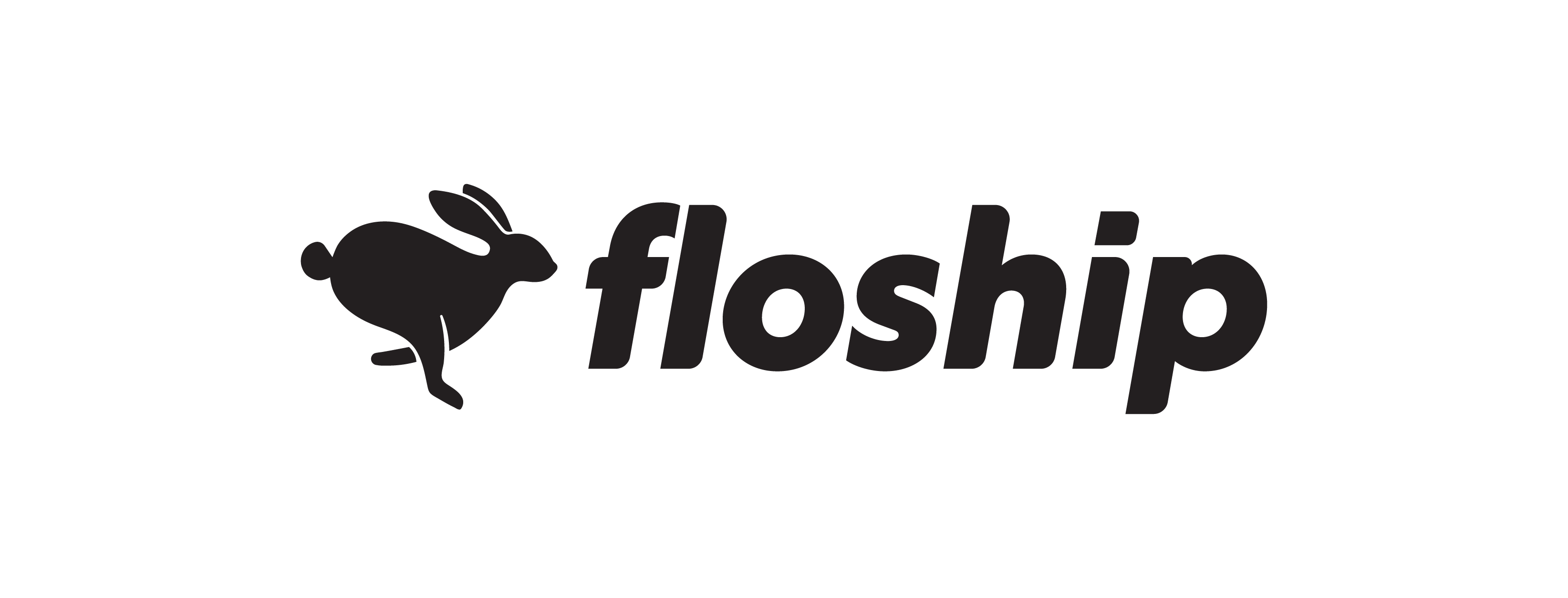
Ready To Upgrade Your Logistic Solution?
Speak to Floship ecommerce logistic consultant about improving your global support chain today


